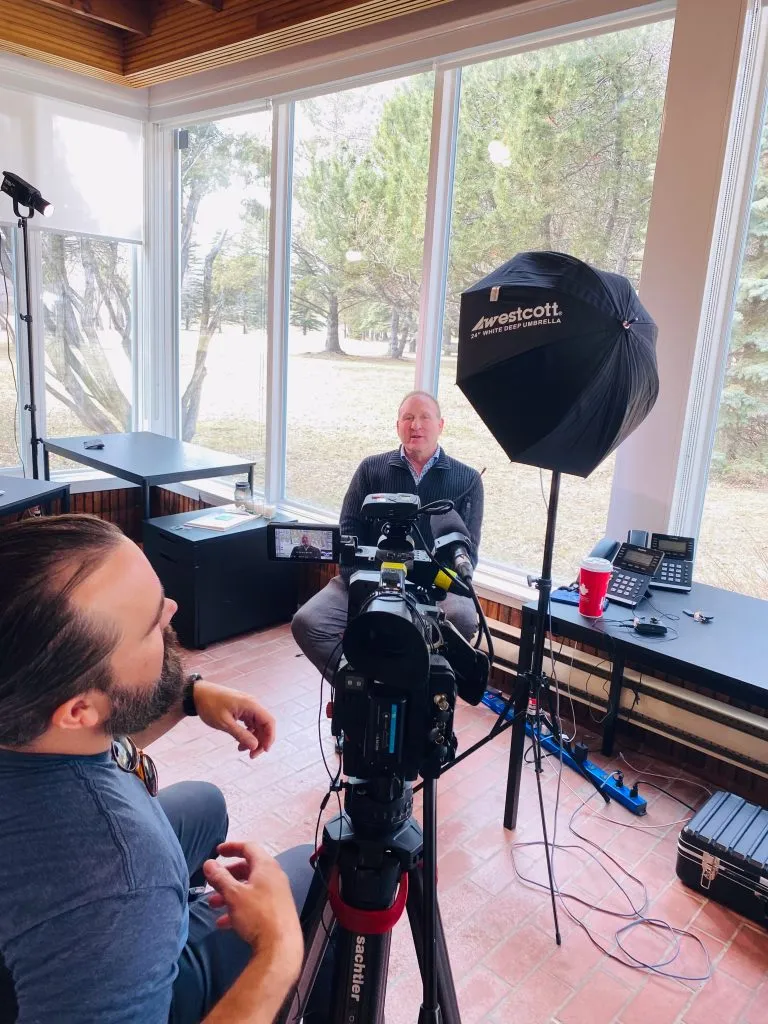Drug addiction, often termed as substance use disorder, is a chronic and complex disease that affects brain function and behavior, leading to compulsive drug use despite harmful consequences. As an addiction specialist with over 30 years of experience, I, Ian Rabb, aim to provide an in-depth analysis of drug addiction’s causes, symptoms, effects, and treatments. This guide offers an enhanced perspective compared to other resources, ensuring it is both informative and actionable.
What Is Drug Addiction?
Drug addiction is not just a habit—it’s a chronic brain disorder characterized by compulsive drug-seeking behavior and use, regardless of adverse consequences. It alters the brain’s reward system, making it harder for individuals to resist the urge to consume drugs.
For more insights into my approach to addiction recovery, visit the About Ian Rabb page.
Causes of Drug Addiction
Drug addiction arises from a combination of genetic, environmental, and psychological factors. Let’s delve into each:
1. Biological Factors
• Genetic predisposition: Family history of addiction increases risk.
• Brain chemistry: Imbalances in neurotransmitters like dopamine heighten vulnerability.
2. Environmental Influences
• Exposure to substance abuse during childhood
• Peer pressure and societal influences
• Stressful environments or traumatic experiences
3. Psychological Triggers
• Mental health disorders such as anxiety, depression, or PTSD
• Low self-esteem or a desire to escape reality
4. Drug Accessibility
• Easy access to drugs increases likelihood of misuse.
Learn more about these factors in our detailed Intervention Services section.
Symptoms of Drug Addiction
Recognizing addiction symptoms early can make a significant difference. Here are the key warning signs:
1. Behavioral Changes
• Increased secrecy or isolation
• Loss of interest in hobbies or social activities
• Poor work or academic performance
2. Physical Symptoms
• Bloodshot eyes or frequent nosebleeds
• Sudden weight loss or gain
• Poor hygiene or neglected appearance
3. Psychological Symptoms
• Mood swings, anxiety, or depression
• Increased irritability or aggression
• Paranoia or hallucinations in severe cases
4. Cravings and Dependence
• Strong, uncontrollable urges to use the substance
• Withdrawal symptoms when not using
If you suspect a loved one is struggling with addiction, check out our Family Support page for guidance.
Effects of Drug Addiction
Drug addiction has far-reaching consequences that impact not only the individual but also their family, community, and society at large.
1. Physical Health Risks
• Damage to vital organs like the liver, heart, and brain
• Increased risk of infectious diseases through unsafe practices
• Overdose, which can be fatal
2. Mental Health Implications
• Worsening of pre-existing mental health disorders
• Development of conditions like psychosis or schizophrenia
3. Social and Economic Impact
• Strained relationships with family and friends
• Financial instability due to job loss or spending on drugs
• Increased risk of legal issues
Explore resources to combat these challenges in the Recovery Solutions section.
Treatment Options for Drug Addiction
Treatment for drug addiction is multifaceted, focusing on detoxification, therapy, and long-term support. Here’s an overview:
1. Medical Detox
• Safely removes toxins from the body under medical supervision.
• May include medications to ease withdrawal symptoms.
2. Therapeutic Approaches
• Cognitive Behavioral Therapy (CBT): Identifies and changes negative thought patterns.
• Dialectical Behavior Therapy (DBT): Focuses on managing emotions and improving relationships.
• Group Therapy: Provides peer support and shared experiences.
3. Medication-Assisted Treatment (MAT)
• Combines medications like methadone or buprenorphine with therapy.
• Effective for opioid addiction treatment.
4. Support Systems
• Programs like Narcotics Anonymous (NA) or Alcoholics Anonymous (AA).
• Family therapy to rebuild relationships and foster a supportive environment.
To understand the personalized treatments I provide, visit the Addiction Recovery Services page.
Preventing Drug Addiction
Prevention is always better than cure. Here’s how individuals and communities can minimize the risk:
1. Education
• Raising awareness about the dangers of drug abuse.
• Implementing school-based drug education programs.
2. Community Support
• Offering resources for at-risk populations.
• Encouraging healthy recreational activities.
3. Early Intervention
• Identifying and addressing early signs of drug abuse.
• Providing counseling or therapy to vulnerable individuals.
For prevention strategies, visit Prevention and Wellness on our website.
The Role of Ian Rabb in Drug Addiction Awareness and Recovery
Having spent three decades as an addiction specialist, I, Ian Rabb, have dedicated my career to helping individuals and families overcome the challenges of drug addiction. My approach emphasizes compassion, evidence-based practices, and long-term recovery solutions.
Learn more about my journey and philosophy on the About Ian Rabb page.
Final Thoughts
Drug addiction is a pervasive issue, but with awareness, prevention, and proper treatment, recovery is achievable. My goal as Ian Rabb, an addiction specialist, is to guide individuals and families through this challenging journey toward a healthier, addiction-free life.
If you or a loved one is struggling with addiction, seek help immediately. Remember, recovery is possible, and every step forward matters.




Leave a Reply